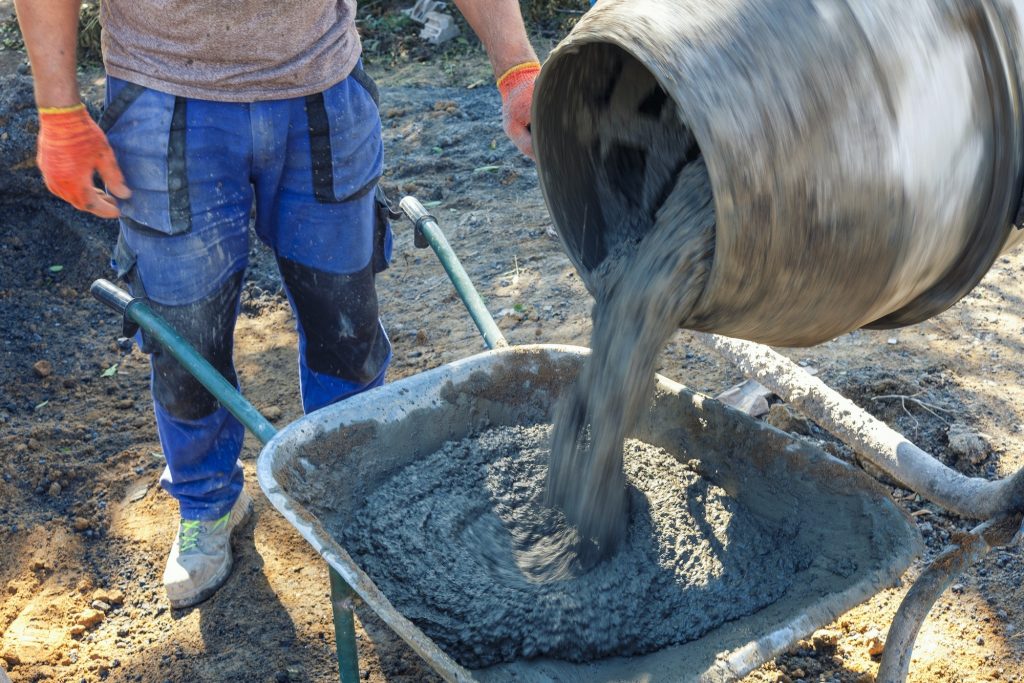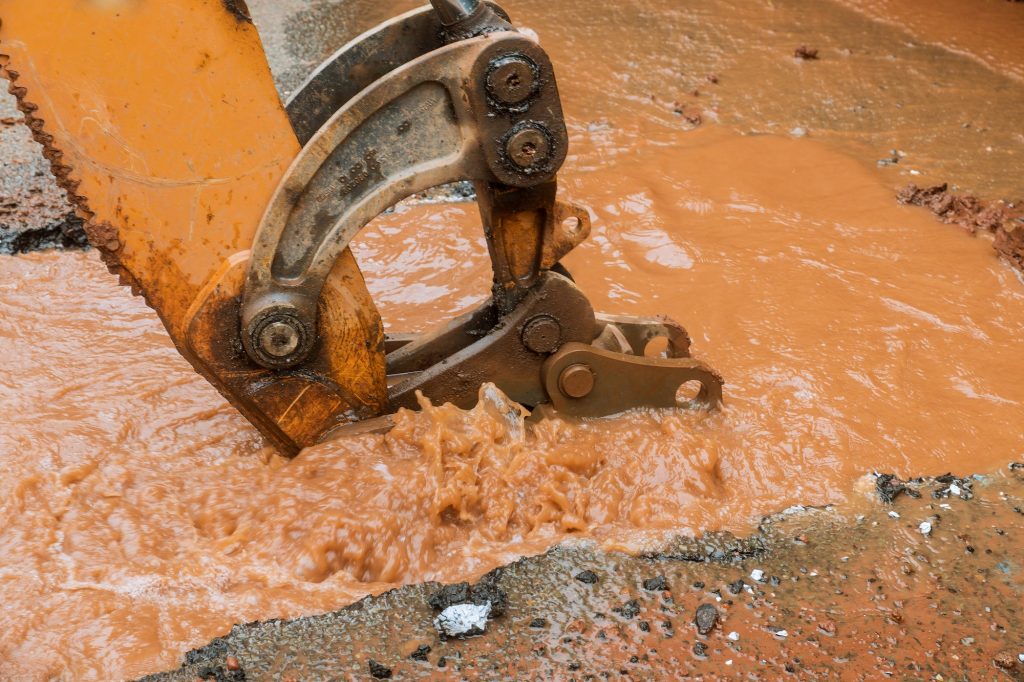Consider already at the construction stage which water filter will work best in a detached house. Some systems need to be fitted straight away when the installation is set up. Others you can fit later. All of them improve water quality, treat it and protect your appliances from wear and tear.
Water, even mains water, sometimes has an unpleasant taste or smell. This is the result of an industrial treatment system. To enjoy soft, tasty and drinkable water, it is advisable to first have it tested. Then, based on this, you can choose a filtration system that meets all your water quality needs.
When is a water filter essential?
In fact, the better question posed is – which water filter to choose? This is because very few places get not only usable, but also soft water. It is the build-up of limescale that can cause your home’s appliances and plumbing to run faster or even excessively.
If you are drawing your water from the mains water supply, you can simply request an analysis from your water supplier. In this case, it is usually free of charge and gives you an insight into contaminants, but also elemental levels and hardness-related parameters. In other cases, where the water is drawn from your own source – usually a well – you will have to pay for the test.
When is it advisable to check the condition of the water and, therefore, which water filter for a cottage? If the well is new or has not been used for a long time, a water test is necessary. The same applies if the water appears cloudy, smells unpleasant or the well has been flooded by rainwater or waterlogging. Skin and digestive problems in the householder, as well as a high amount of limescale build-up in appliances, such as kettles, are also obvious arguments for testing the water. White and red or brown deposits on the sink or toilet are also worrying.

Which water filter? Criteria for choice
Which water filter you choose depends primarily on your expectations, as well as the space and finances you devote to the solution. The most integral solution is the one installed for the whole house. However, it requires a lot of money, especially if it is to provide soft drinking water to every appliance.
If you have a small space and a system that has to work with specific water sources – taps – consider which under-sink water filter will be the best choice. There are at least a dozen solutions available to you. If there is no space in the cupboard under the sink, you can opt for tap installations. You can install similar ones at your shower or bath to improve the quality of your bath water.
A frequent choice, due to the quality of its performance, is a reverse osmosis filter. Which one to choose? This depends primarily on your financial outlay. Remember that the simplest filters remove not only impurities, but also valuable elements and minerals. This makes the water free of any additives. However, you can change this depending on which water filter cartridge you choose. The mineralising one will allow you to tailor your drinking water to the needs of most household members.
Types of water filters
Which type of water filter you choose for your cottage depends on your expectations. Some systems are designed to purify water throughout the entire system; others are designed, for example, to improve the taste of drinking water or to treat it only in one place.
In terms of installation location, filters can be divided into:
- those installed at the beginning of the system (at the water meter, at the entrance of the system to the building, at the boiler);
- in the kitchen (under the sink, at the dishwasher, on the tap);
- mounted in the bathroom (at the washing machine, at the shower handset).
A separate category is filters in the form of jugs with cartridges. These are usually intended only for drinking.
Another division is that related to the role the filter plays. Here, it may also be important which water filter cartridge you choose – some models allow several types to be used interchangeably. In this category you will find filters:
- softening (called ionic – they reduce the hardness of the water);
- carbon filters (working through activated carbon – treat the water);
- mechanical (called sedimentation – traps mechanical impurities);
- de-ironing (removes excess iron from the water);
- demanganese filters (remove excess manganese from the water);
- osmotic (reverse osmosis filters – extremely effective in removing various impurities, treating the water).

What type of water filter should I choose for my single-family home?
First and foremost, every water system should have a mechanical filter installed, preferably either right at the water meter or at the boundary of the system’s entry into the building. This keeps out mechanical impurities such as sand, but also rust from the pipes, small stones and other things that could further contribute to damage to the installation itself.
If you are overwhelmed by the cost of installing a filter system for the entire system, opt for small solutions for specific locations. Which under-sink water filter is the best choice? One that treats the water for drinking will be necessary – especially if you want to drink it straight from the tap. In the shower, on the other hand, a filter that cleans out impurities and softens the water will simply work, so you can take better care of your skin and hair.
One of the most favourable solutions on the market is the reverse osmosis filter. Which one to choose? It depends on your preferences. There are small filter systems available that are tailored to a particular room or even a single country, for example. In that case, they fit into a cupboard. However, you can also opt for a large system that will work for the whole house. It is correspondingly more expensive, but guarantees the best water quality in terms of available solutions.
If you are wondering which drinking water filter to choose, opt for a solution with an additional mineralising cartridge. Osmotic filters remove mechanical impurities, chemical impurities (e.g. chlorine and pesticides), bacteria, and improve the taste and quality of the water. Finally, they replenish it with minerals essential for health in the right proportions. Such filter systems require regular replacement of cartridges.
Which drinking water filter is easy to install?
In principle, most filters are easy to install. No matter what kind of drinking water filter you choose, if it is to be installed at the tap or under the sink – you can manage setting it up yourself. You just need to have enough space. Some companies offer prefabricated taps with built-in filters – consider this if you are currently renovating.
If the filter is installed at the beginning of the system, or at the water meter or boiler, for example, you may have more problems. In this case, it is worth calling in a specialist who will shorten the parts of the installation accordingly, so that the filter can be fitted. Remember that you must have good access to any water conditioner you install. Most of them require regular renovation, refreshing of the active substances or replacement of cartridges.
You already know which water filter for a single-family home might be the best choice. Once you know the criteria for selecting one for your installation, it will go much more smoothly. Check out our range to find the perfect filter.



